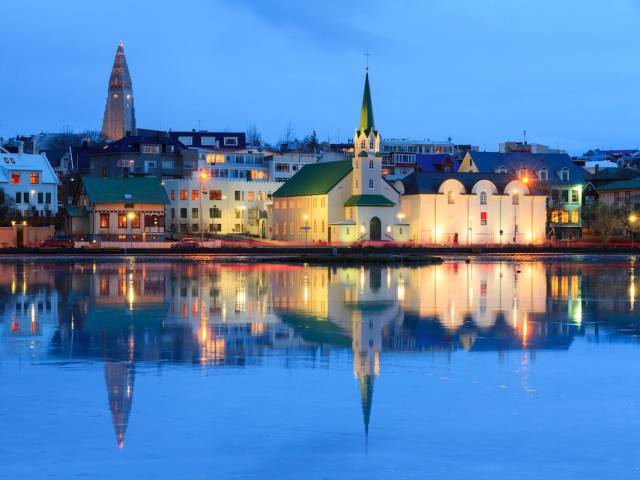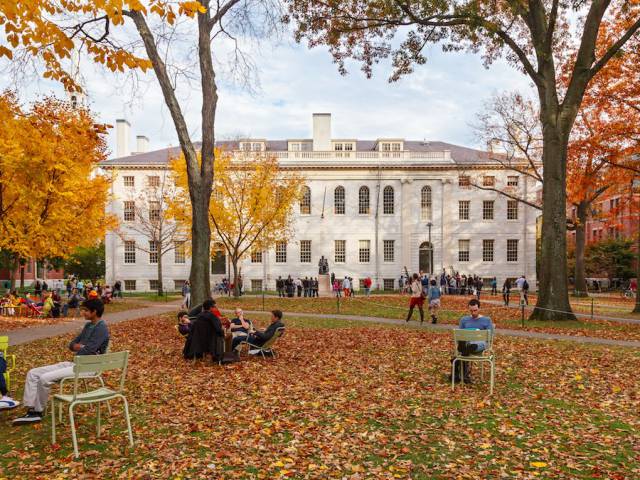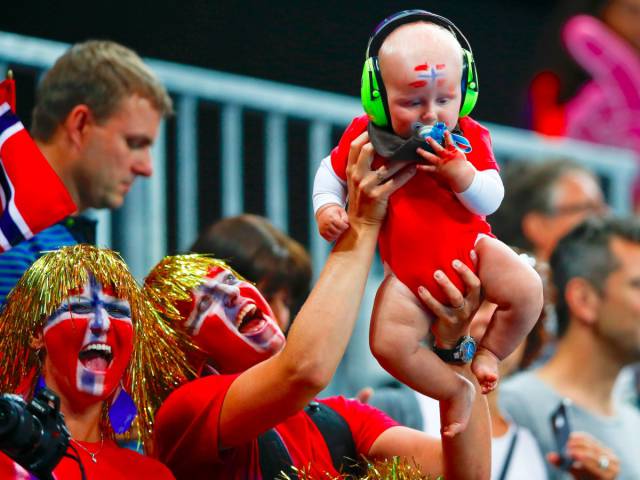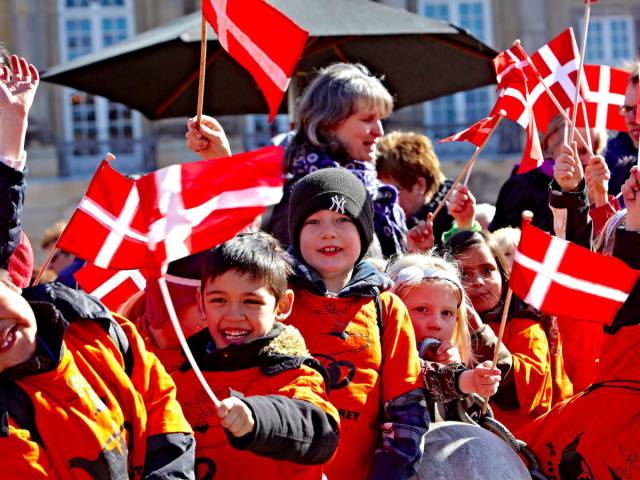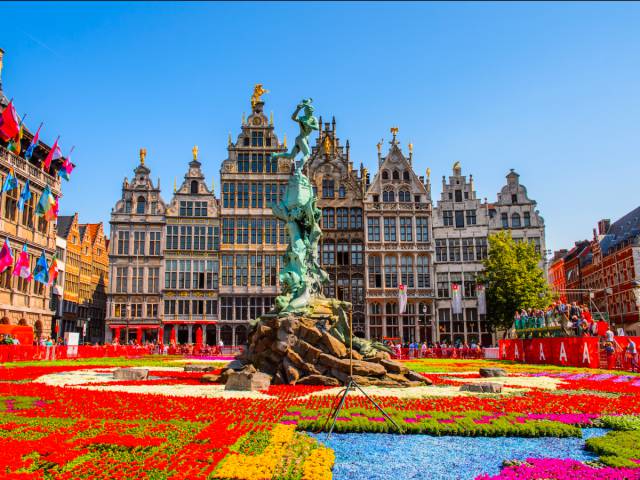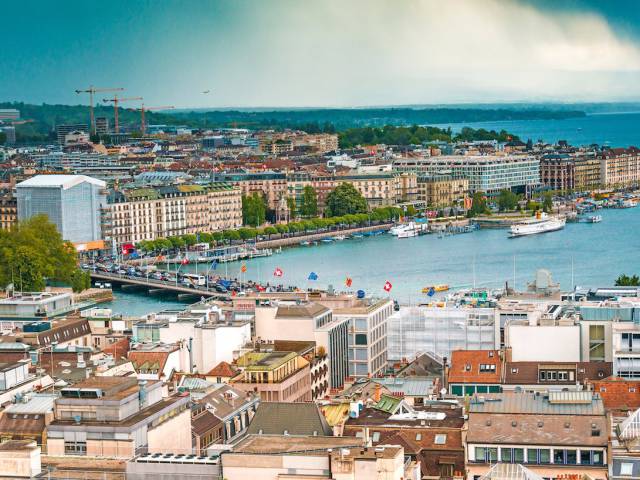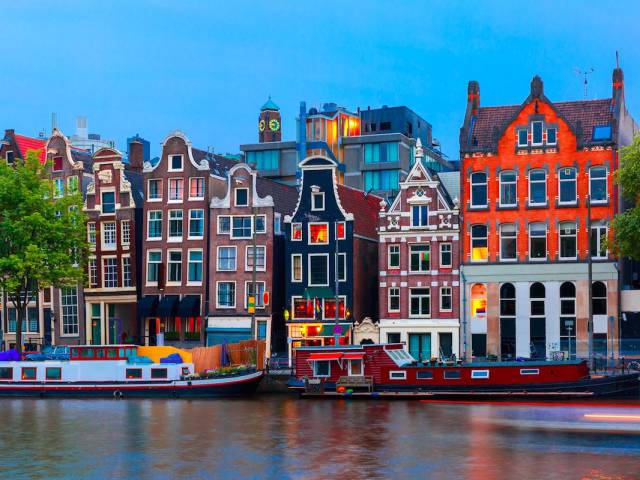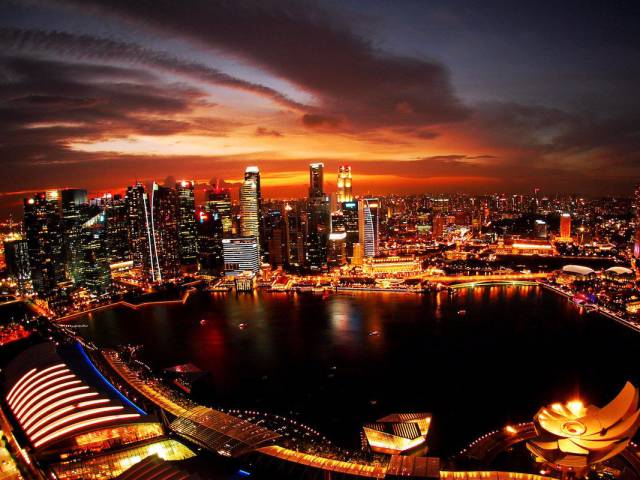The World Economic Forum created the index using different measurements to rank the most educated countries in the world with the highest score being seven. The factors the score is based on include the rate at which people studied at a university or an equivalent as well as on five questions given by business leaders from each country like "In your country, how well does the education system meet the needs of a competitive economy?" and "In your country, to what extent do companies invest in training and employee development?"
11. Iceland
Score: 5.9
(1 is the lowest educational standard; 7 is the highest)
The tiny Nordic country of Iceland has a population of 330,000. Though it ranks highly in the global index, it spends the least of the Nordic countries on educational spending.
10. New Zealand
Score: 5.9
New Zealand constantly ranks among the top education systems in the world. The country's education department is innovative: In September, the government outlined plans to introduce online education courses, in which students are not required to attend school on certain days of the week.
9. Australia
Score: 5.9
Australia is a well-educated country and has a particularly high proportion of tertiary-educated adults. Forty-three percent of adults have trained at an institution after leaving school — that's behind only Canada, Japan, Israel, Korea, the US, and the UK.
8. United States
Score: 5.9
A large proportion of adults in America, 43%, have a university education. That is the fifth-highest proportion in the the Organisation for Economic Cooperation and Development, an intergovernmental group of 34 developed countries.
7. Norway
Score: 5.9
Norway has high levels of taxation and invests heavily in education. It devotes an annual expenditure of about £11,000 ($14,000) per pupil from primary to tertiary education — the third-highest figure in the OECD.
6. Denmark
Score: 5.9
Denmark is the OECD country that spent the largest share of its wealth on education, with a total expenditure on educational institutions of 7.9% of its gross domestic product. It is a major priority in the country, one of the few countries where education expenditure actually grew during the financial crash of 2008-2010.
5. Belgium
Score: 6.0
In Belgium, higher education pays: Unemployment rates for those with a tertiary education is just 3%. Unemployment rates are lower than the European average for every other level of education, too.
Teaching is a well-paid profession in the country: Teachers' salaries are £57,000 ($74,000) on average adjusted for purchasing power. The OECD average is £39,000 ($52,000).
4. Switzerland
Score: 6.0
A large majority of Switzerland's population has attained a full secondary education: 86% of 25- to 64-year-olds. The country spends a lot on it: an average of £12,500 ($16,000) per student per year, compared with the EU average of £7,500 ($9,500).
3. Netherlands
Score: 6.1
The Dutch rank highly in many fields of education. A third of Dutch 25- to 64-year-olds hold a university degree, which is significantly higher than the OECD average of 24%.
2. Finland
Score: 6.2
Finland's education system is widely acclaimed, especially since the 2010 documentary "Waiting for Superman" compared it favourably with the US's. Teachers are selected from the top 10% of the country's graduates and are required to earn a master's degree in education.
1. Singapore
Score: 6.3
Singapore's education system is the most highly regarded in the world, but it is also known as a "pressure cooker" for its intensity and strictness. Global comparisons of maths and science ability are often topped by Singapore's school system.

